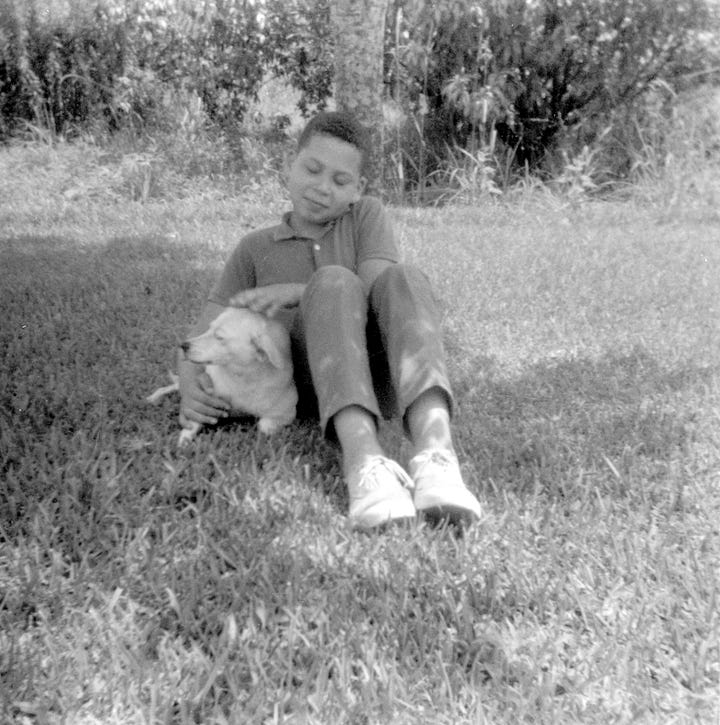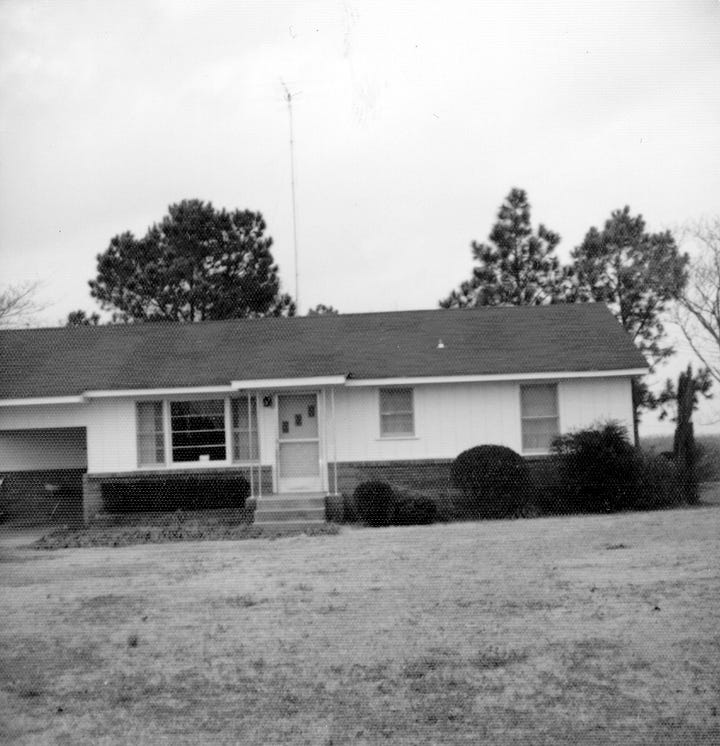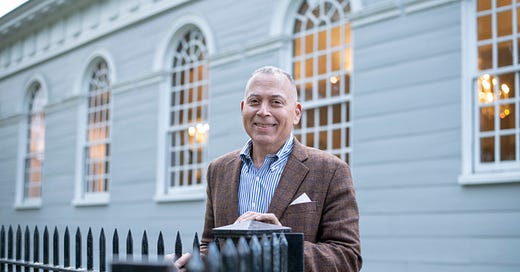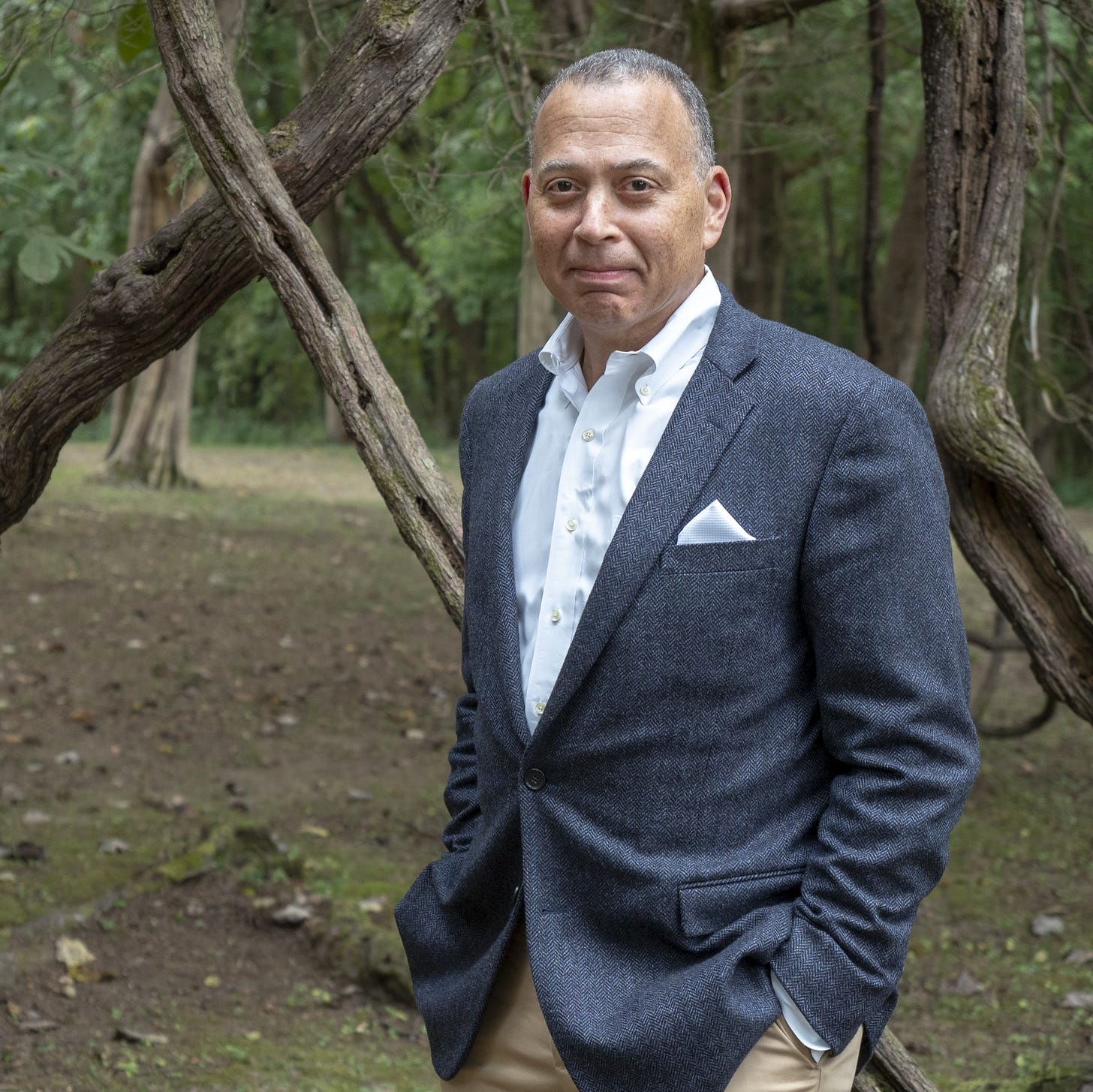Mississippi Native: W. Ralph Eubanks
"Seeking to understand the place where I am from has become a spiritual necessity."
Where are you from?
I’m from south Mississippi, a small town called Mount Olive that stands right in the middle of the Piney Woods region. When I was young, I thought of my part of Mississippi as a place where nothing much happened. As I have grown older, I have come to see how wrong I was.
Why did you leave Mississippi? Where did you go?
Like many ambitious young black people from a small town in Mississippi, I felt I had no other choice but to leave. My high school years were spent in Mississippi during the early years of school integration, and if there is one insight gained from that time it is how black ambition can be constrained by any number of structures. It’s not that those structures didn’t exist in other places. It’s just that I felt I needed to live in a place where I could grow into whatever I imagined for myself.
As soon as I graduated from the University of Mississippi, I first went to Europe and spent a great deal of time in County Leitrim in Ireland, a place that oddly reminded me of the Piney Woods, with its green rolling hills. It was odd to be so far away from home yet to be constantly reminded of home in the landscape. Then I went to graduate school at the University of Michigan in Ann Arbor, a place more foreign than Ireland and where I felt liberated from the burdens of the South. By the time I entered my graduate program in English Language and Literature, I had made my Southern accent virtually nonexistent. For example, I learned to say the difference between a “p-i-n” and a “p-e-n.” After graduate school, I ended up in Washington, DC, where I have lived for more than 40 years. As Zora Neale Hurston would have said, “I erased the map of Dixie from my tongue.”


Why did you return to Mississippi?
In 2015, well into middle age, I found myself unemployed and floundering. It was a very confusing time in my life, since I have been working since my days as a teen-age sack and stock boy at my local Piggly Wiggly. Through a stroke of luck, I ended up teaching at Millsaps College as the Eudora Welty Visiting Scholar in Southern Studies. That is why Millsaps College is such a special place for me; it was the place that welcomed me home. When I needed somewhere to go and sort out my life, there were no questions asked. After years as a black Southern expatriate and sometime critic of the place that shaped the man I have become, my loyalties were not scrutinized when I decided to come back home to sort things out. In spite of everything, Mississippi left the door open for me and had my room ready.
If someone were to ask me what stands at the center of my writing, I would have to say it is the search for home. And there is no need to go looking for a place to call home unless you are lost.
Was the Mississippi you returned to the same one you had left?
No, definitely not. I felt I could be my authentic self here in a way I could not have imagined as a young person. Of course, there were a few things that were different. What was especially difficult coming back was that so many people did not see me as black, but thought I was white. As I wrote in an essay for The Common, it was difficult being viewed as racially ambiguous, particularly since I remember segregation and went to segregated schools. The battle to change the flag was heating up when I arrived—it was just a few months after the murders at Mother Emmanuel Church in Charleston, South Carolina—and Donald Trump held a rally in Madison in March, just three months after my arrival. I went to the rally to observe and quickly realized that while Mississippi had changed since I left, the old forces I remember were still in existence. That rally served as a reality check and is one of the reasons I keep one foot in Mississippi and another back in my adopted home of Washington, DC.
Keep reading with a 7-day free trial
Subscribe to Rooted Magazine to keep reading this post and get 7 days of free access to the full post archives.




